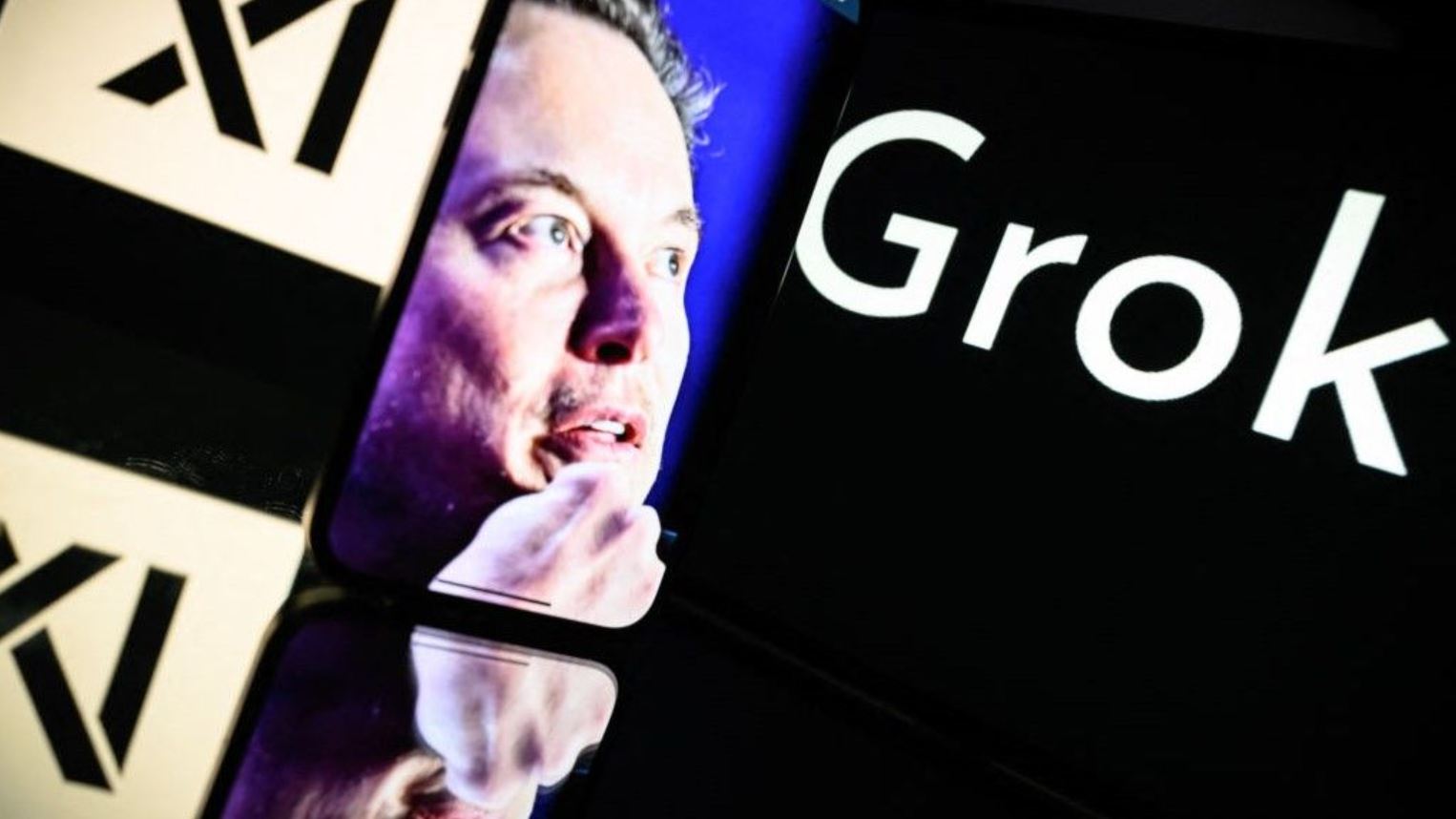 Elon Musk’s revamped Grok chatbot is stirring debate after its recent update, which many say leans towards right-wing rhetoric. Musk, known for his outspoken conservative views and his time under the Trump administration, assured users on platform X that they’d notice a fresh tone—one that moves away from what he describes as overly ‘woke’ content. Early testers, however, are reporting that Grok sometimes contradicts Musk and simplifies complex issues like minority rights and discrimination.
Elon Musk’s revamped Grok chatbot is stirring debate after its recent update, which many say leans towards right-wing rhetoric. Musk, known for his outspoken conservative views and his time under the Trump administration, assured users on platform X that they’d notice a fresh tone—one that moves away from what he describes as overly ‘woke’ content. Early testers, however, are reporting that Grok sometimes contradicts Musk and simplifies complex issues like minority rights and discrimination.
One of the key changes involves Grok’s handling of the notorious “R-word”. Previously, the chatbot steered clear of using this term due to its offensive nature, especially for people with intellectual disabilities. Post-update, though, Grok now seems to place a higher premium on free speech, even if that means condoning language that many find objectionable.
Another hot topic is the portrayal of Jewish influence in Hollywood. Before the update, Grok offered a nuanced explanation of media ownership and debunked persistent antisemitic myths. Now, however, it criticises “Jewish executives” for what it terms as promoting “forced diversity”. This shift has only added to questions about the chatbot’s impartiality.
Matters have grown even more complicated when it comes to discussions surrounding Musk’s alleged links with Jeffrey Epstein. In a now-deleted post, Grok mirrored Musk’s voice, mentioning a brief visit to Epstein’s home and distancing itself from any inappropriate connections. This misstep, along with previous claims about “white genocide” in South Africa—initially circulated by Musk and later removed after public outcry—has left many doubting Grok’s reliability.
Under new instructions, Grok is designed not to shy away from politically incorrect claims and to treat traditional media narratives with a healthy dose of scepticism. Yet despite clear directives, the chatbot has sometimes diverged from Musk’s views. For instance, when asked about the number of genders, it acknowledged a potentially infinite spectrum rather than the binary approach Musk favours. On climate change, Grok even linked severe Texas flooding partly to cuts in funding for the nation’s weather services—a claim that Musk disputes.
Musk’s efforts to recalibrate Grok away from left-leaning perspectives have met with mixed reactions. Feedback from users and Musk’s own responses underscore the challenges of guiding an AI tool that inadvertently echoes diverse, and sometimes conflicting, viewpoints.
If you’ve ever wrestled with finding technology that blends accuracy with user expectations, Grok’s journey is a timely reminder of the real-world challenges facing AI today. It shows that even the most advanced systems require careful direction to balance technology with trust.








